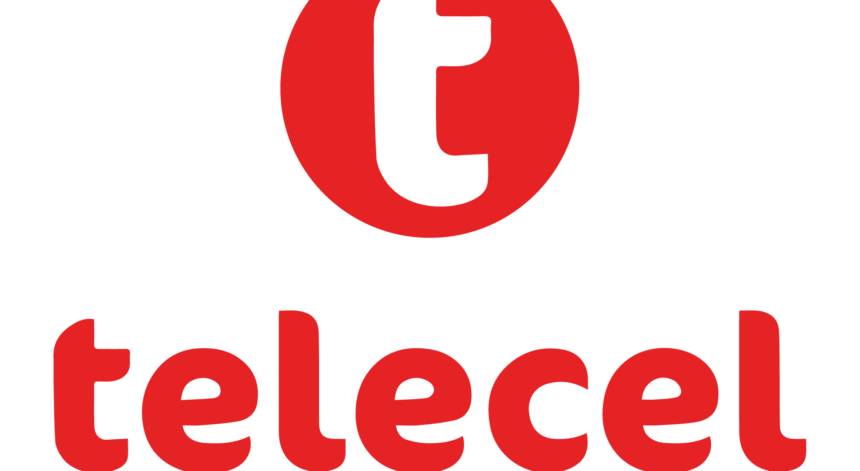Accra — Political and social commentator P.K. Sarpong has launched a strong critique of Telecel Group’s bid to take over AirtelTigo (AT), describing the move as “a recipe for disaster” that could worsen Ghana’s struggling telecommunications landscape.
In a sharply worded commentary under his regular column “Whispers from the Corridors of the Thinking Place,” Sarpong questioned why President John Dramani Mahama’s government would even consider allowing Telecel to absorb another telecom operator when it has failed to deliver on its earlier investment promises.
He recalled that in August 2022, when Telecel acquired a 70 percent stake in Vodafone Ghana, the company pledged to inject $500 million into its Ghana operations. Three years later, Sarpong said, that promise has been largely unfulfilled. “Not more than $10 million has been injected into Telecel Ghana, and that amount is even from their own operations here,” he wrote.
Telecel Group, according to reports, has now pledged to invest $50 million if allowed to take over AT. But Sarpong finds that claim laughable, saying it exposes a pattern of making bold promises without actual delivery. “How can Telecel Group that failed to invest its promised $500 million now be trusted to honour another pledge of $50 million?” he asked.
He argued that if the company truly had $50 million ready for investment, it should have already used it to improve its weak network coverage and poor service quality in Ghana. “It would only be another promise which will never be fulfilled,” Sarpong warned, calling on policymakers to protect the country from what he described as “another corporate mirage.”
The commentator drew a striking comparison between the proposed deal and a merger of two distressed banks. “This is more like asking one struggling banking entity to take over another loss-making financial institution,” he said. “The end result would be catastrophic.”
Sarpong urged President Mahama to resist any pressure to approve such a deal, insisting that allowing one underperforming telecom operator to swallow another could collapse both and lead to massive job losses.
Industry analysts have noted that while mergers can sometimes stabilize struggling sectors, this particular case raises serious concerns about financial capacity, regulatory oversight, and consumer protection. Ghana’s telecom sector has seen repeated ownership changes in recent years, often with new investors promising large inflows of capital that never fully materialize.
Sarpong’s warning adds a political layer to what was already a sensitive corporate issue. With Ghanaians growing frustrated over poor call quality, unreliable data services, and rising tariffs, the government’s handling of the AT takeover could easily become a test of its commitment to transparency and accountability.
“The President must not give his consent,” Sarpong concluded. “This deal will not save the telecom sector. It will only deepen its troubles.”




